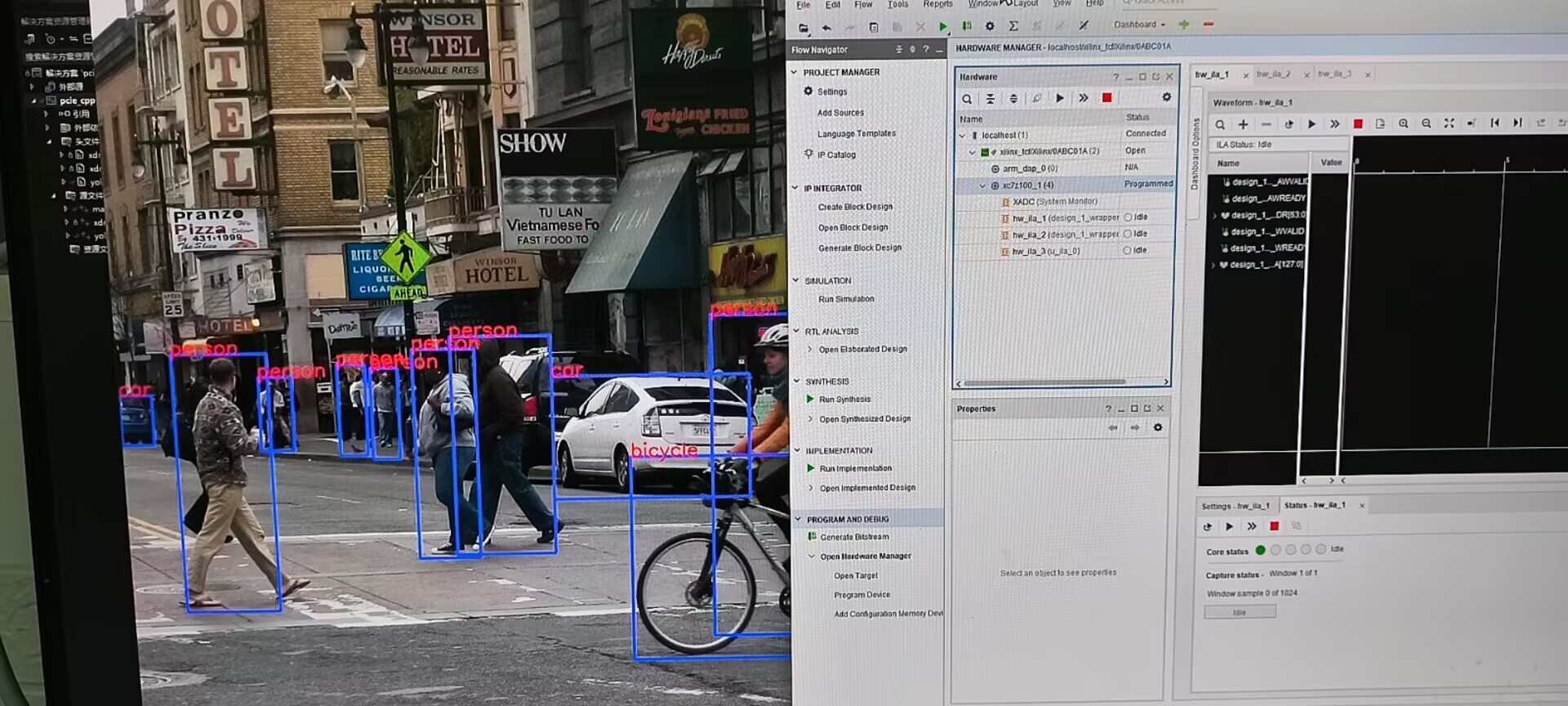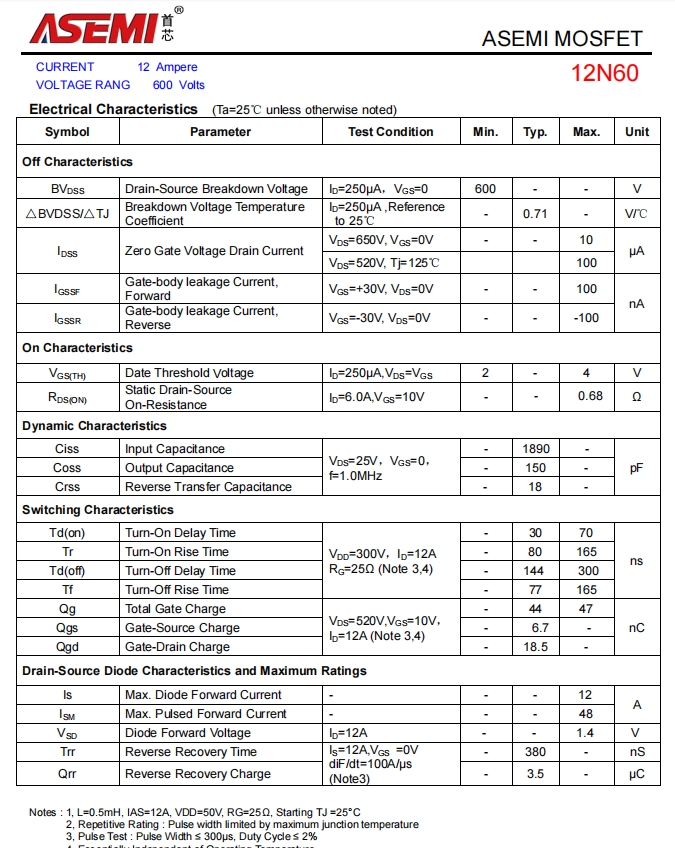STL 算法分类:
| 类别 | 常见算法 | 作用 |
|---|---|---|
| 排序 | sort、stable_sort、partial_sort、nth_element等 | 排序 |
| 搜索 | find、find_if、count、count_if、binary_search等 | 查找元素 |
| 修改 | copy、replace、replace_if、swap、fill等 | 修改容器内容 |
| 删除 | remove、remove_if、unique等 | 删除元素 |
| 归约 | for_each、accumulate等 | 处理数据 |
| 合并 | merge、set_union、set_intersection等 | 处理有序序列 |
| 排列组合 | next_permutation、prev_permutation等 | 生成排列 |
| 堆操作 | push_heap、pop_heap、make_heap、sort_heap等 | 处理堆 |
STL 搜索算法
在 C++的STL 中,提供了一些用于搜索容器中元素的算法,位于 <algorithm> 头文件中。
常见的搜索算法包括 find、binary_search、find_if 等。
| 算法名称 | 功能描述 | 时间复杂度 | 空间复杂度 | 适用场景 |
|---|---|---|---|---|
find | 查找容器中第一个与指定值相等的元素 | O(n) | O(1) | 在无序容器中查找元素 |
find_if | 查找容器中第一个满足指定条件的元素 | O(n) | O(1) | 查找满足特定条件的元素 |
count | 统计某个元素在范围内出现的次数 | O(n) | O(1) | 统计某个元素出现的次数 |
count_if | 统计满足特定条件的元素数量 | O(n) | O(1) | 统计符合条件的元素数量 |
binary_search | 查找容器中是否存在某个元素(要求容器已排序) | O(log n) | O(1) | 在已排序的容器中查找元素 |
lower_bound | 查找容器中第一个不小于指定值的元素 | O(log n) | O(1) | 在已排序的容器中查找不小于指定值的元素 |
upper_bound | 查找容器中第一个大于指定值的元素 | O(log n) | O(1) | 在已排序的容器中查找大于指定值的元素 |
search | 查找一个子序列在另一个序列中的首次出现 | O(n * m) | O(1) | 查找子序列在容器中的位置 |
search_n | 查找某个值连续出现 n 次的子序列 | O(n) | O(1) | 查找某个值连续出现的子序列 |
(1) find
- 功能:在容器中查找第一个与指定值相等的元素。
- 时间复杂度:O(n),其中
n是容器中的元素数。 - 空间复杂度:O(1),原地操作。
示例:
#include <iostream>
using namespace std;
#include <vector>
#include <algorithm>
int main() {
vector<int> vec = { 5, 2, 8, 3, 1 };
auto it = find(vec.begin(), vec.end(), 3); // 查找值为 3 的元素
if (it != vec.end())
{
cout << "找到元素: " << *it << endl; // 输出:找到元素: 3
}
else
{
cout << "元素未找到" << endl;
}
system("pause");
return 0;
}
注意:
find适用于顺序容器(如vector、list等)。
(2)find_if
- 功能:在容器中查找第一个满足给定条件的元素。
- 时间复杂度:O(n),其中
n是容器中的元素数。 - 空间复杂度:O(1),原地操作。
示例:
#include <iostream>
using namespace std;
#include <vector>
#include <algorithm>
bool is_even(int n)
{
return n % 2 == 0; // 判断是否为偶数
}
int main() {
vector<int> vec = { 5, 2, 8, 3, 1 };
auto it = find_if(vec.begin(), vec.end(), is_even); // 查找第一个偶数
if (it != vec.end())
{
cout << "找到偶数: " << *it << endl; // 输出:找到偶数: 2
}
else
{
cout << "未找到偶数" << endl;
}
system("pause");
return 0;
}
注意:
- 与
find不同,find_if是基于条件的查找,使用一个谓词(即一个返回布尔值的函数或仿函数)来判断元素是否满足条件。
(3) count
- 功能:计算给定范围内某个元素出现的次数。
- 时间复杂度:O(n),其中
n是范围中的元素数量。 - 空间复杂度:O(1),原地操作。
示例:
#include <iostream>
using namespace std;
#include <vector>
#include <algorithm>
int main() {
vector<int> vec = { 10, 20, 10, 40, 10 };
// 统计 10 出现的次数
int num = count(vec.begin(), vec.end(), 10);
cout << "元素 10 出现了 " << num << " 次。" << endl;
system("pause");
return 0;
}
注意:
count适用于,当需要统计某个元素在容器中出现的次数时使用。
(4) count_if
- 功能:计算给定范围内满足特定条件的元素的数量。
- 时间复杂度:O(n),其中
n是范围中的元素数量。 - 空间复杂度:O(1),原地操作。
示例:
#include <iostream>
using namespace std;
#include <vector>
#include <algorithm>
bool is_even(int n)
{
return n % 2 == 0;
}
int main() {
vector<int> vec = { 1, 2, 3, 4, 5, 6 };
// 统计偶数元素的数量
int num = count_if(vec.begin(), vec.end(), is_even);
cout << "有 " << num << " 个偶数元素。" << endl;
system("pause");
return 0;
}
注意:
count_if适用于,当需要统计满足某个条件的元素数量时使用。
(5) binary_search
- 功能:判断容器中是否存在某个元素,要求容器必须已经是有序的。
- 时间复杂度:O(log n),
n是容器中的元素数。 - 空间复杂度:O(1),原地操作。
示例:
#include <iostream>
using namespace std;
#include <vector>
#include <algorithm>
int main() {
vector<int> vec = { 1, 2, 3, 5, 8 }; // 已经排序
bool found = binary_search(vec.begin(), vec.end(), 3); // 查找是否有 3
cout << (found ? "找到" : "未找到") << endl; // 输出:找到
found = binary_search(vec.begin(), vec.end(), 4); // 查找是否有 4
cout << (found ? "找到" : "未找到") << endl; // 输出:未找到
system("pause");
return 0;
}
注意:
binary_search适用于有序容器。它返回布尔值,表示是否找到目标元素。
(6)lower_bound
- 功能:返回指向容器中第一个不小于指定值的元素的迭代器。
- 时间复杂度:O(log n),
n是容器中的元素数。 - 空间复杂度:O(1),原地操作。
示例:
#include <iostream>
using namespace std;
#include <vector>
#include <algorithm>
int main() {
vector<int> vec = { 1, 2, 3, 5, 8 }; // 已经排序
auto it = lower_bound(vec.begin(), vec.end(), 3); // 查找大于等于 3 的第一个元素
if (it != vec.end())
{
cout << "找到元素: " << *it << endl; // 输出:找到元素: 3
}
else
{
cout << "未找到元素" << endl;
}
system("pause");
return 0;
}
注意:
lower_bound适用于有序容器。它可以用来查找某个值或第一个大于等于该值的元素。
(7)upper_bound
- 功能:返回指向容器中第一个大于指定值的元素的迭代器。
- 时间复杂度:O(log n),
n是容器中的元素数。 - 空间复杂度:O(1),原地操作。
示例:
#include <iostream>
using namespace std;
#include <vector>
#include <algorithm>
int main() {
vector<int> vec = { 1, 2, 3, 5, 8 }; // 已经排序
auto it = upper_bound(vec.begin(), vec.end(), 3); // 查找大于 3 的第一个元素
if (it != vec.end())
{
cout << "找到元素: " << *it <<endl; // 输出:找到元素: 5
}
else
{
cout << "未找到元素" << endl;
}
system("pause");
return 0;
}
注意:
upper_bound适用于有序容器。它返回一个迭代器,指向第一个比指定值大的元素。
(8) search
- 功能:在一个范围中查找另一个范围(子序列)的第一次出现。
- 时间复杂度:O(n * m),其中
n是第一个范围的大小,m是第二个范围的大小。 - 空间复杂度:O(1)。
示例:
#include <iostream>
using namespace std;
#include <vector>
#include <algorithm>
int main() {
vector<int> vec = { 1, 2, 3, 4, 5, 6 };
vector<int> subvec = { 3, 4 };
// 查找子序列 subvec 在 vec 中的首次出现
auto it = std::search(vec.begin(), vec.end(), subvec.begin(), subvec.end());
if (it != vec.end())
{
cout << "子序列 subvec 在 vec 中的首次出现的位置: " << distance(vec.begin(), it) << endl;
}
else
{
cout << "未找到子序列subvec" << endl;
}
system("pause");
return 0;
}
注意:
search适用于查找一个子序列在另一个序列中的位置。
(9) search_n
- 功能:在给定范围内查找一个值连续出现的子序列(即连续
n次相同的元素)。 - 时间复杂度:O(n),其中
n是范围中的元素数量。 - 空间复杂度:O(1)。
示例:
#include <iostream>
using namespace std;
#include <vector>
#include <algorithm>
int main() {
vector<int> vec = { 1, 2, 2, 2, 3, 4 };
// 查找连续出现 3 次的元素 2
auto it = search_n(vec.begin(), vec.end(), 3, 2);
if (it != vec.end())
{
cout << "连续出现 3 次的元素 2 的首次出现的位置: " << distance(vec.begin(), it) << endl;
}
else
{
cout << "未找到连续出现 3 次的元素 2" << endl;
}
system("pause");
return 0;
}
注意:
search_n适用于查找某个值连续出现的子序列。



















